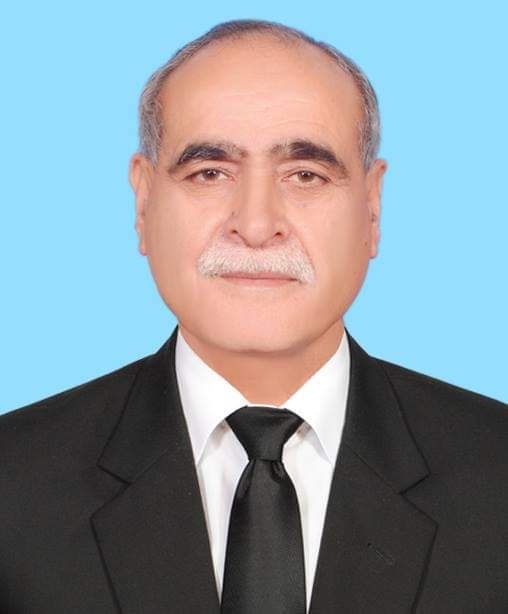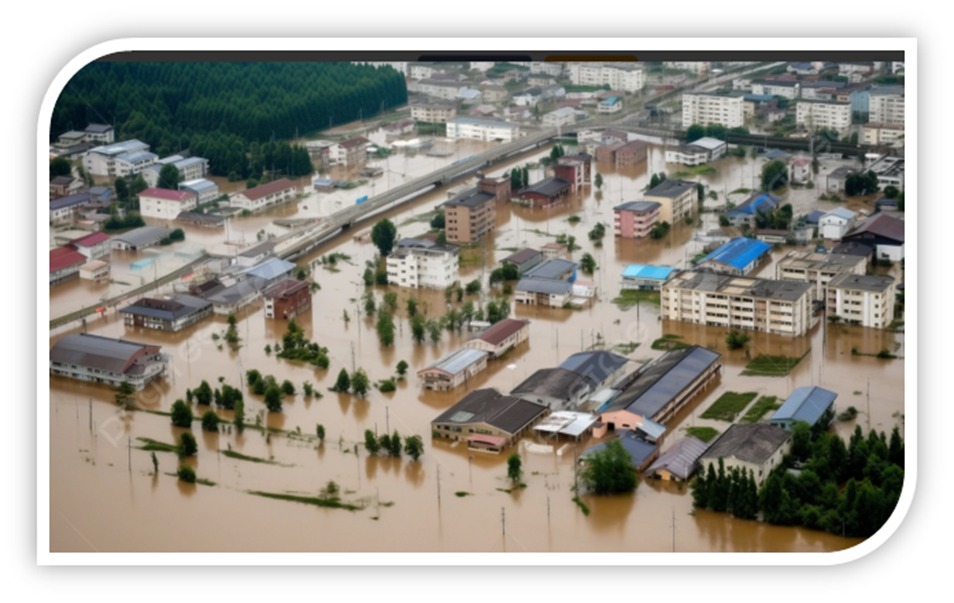PM Shehbaz Sharif’s 23 Billion Package for Azad Kashmir: A Historic Step towards Resolution
Azad Kashmir has been at the forefront of attention recently due to the long march, shutter down, and wheel jam movement. In response, Prime Minister Shahbaz Sharif convened a high-level meeting with stakeholders to address the situation. The meeting included senior AJK political leaders, federal cabinet members, the Attorney General, parliamentarians, and top bureaucrats and military officials.
In a historic move, Prime Minister Shahbaz Sharif approved an immediate release of Rs. 23 billion to address the issues faced by Azad Kashmir. This unprecedented decision demonstrates the Pakistan Muslim League-N’s commitment to the region’s development and prosperity.
The PML-N government has a track record of supporting Azad Kashmir, doubling its development budget in 2013-18 and making it financially independent. The party leader Muhammad Nawaz sharif then Prime Minister IRP also included Azad Kashmir in the China-Pakistan Economic Corridor (CPEC) and initiated power projects, including the Mansehra-Muzaffarabad Motorway.
The recent movement in Azad Kashmir was not just about flour and electricity but also about the recognition of public rights. The common man’s participation made it a strong and effective movement. Non-political parties, businessmen’s associations, nationalists, activist political parties workers and colleagues played a significant role, and the civil society deserves praise for its involvement.
The federal government’s decision to provide Rs. 23 billion is a significant step towards resolving the issues faced by Azad Kashmir. The government has also indicated its willingness to take over WAPDA’s claim of Rs. 55 billion. All participants in the struggle, regardless of their affiliations, deserve congratulations for their efforts.
The movement gained strength due to the increase in electricity bills, unreasonable taxes, and the rise in prices of essential items like wheat and flour. The constitution of Pakistan guarantees priority to provinces and areas like Azad Kashmir in electricity and gas production. The practice of subsidizing flour has been ongoing, and the recent increase in prices was met with protests.Govt of AJK reduced the prices of flour from Rs.3100 to Rs.2000 per 40kg and rates of electricity also reduced.
A judicial commission was notified by govt to examine and minimize the privileges of so called elite class including parliamentarians bureaucracy and judiciary.
Other political factors also contributed to the movement, including unemployment and insecurity among the youth and the growing privileges of the elite legislature, administration, and judiciary. The population of Azad Kashmir is around 4.5 million, with half living abroad or in Pakistan. The frequent change in prime ministers and parliamentarians has led to a sense of disillusionment among the people.
The movement was not limited to demands for flour and electricity but also included calls for recognition of public rights. It was not a political movement but a participation of the common man, making it effective and strong. Workers from non-political parties, political political parties,businessmen’s associations, and nationalists played a significant role, and the civil society deserves praise for its involvement.
The participation of the common man, including non-political parties, businessmen’s associations, and nationalists, made the movement effective and strong. The role of activist colleagues became more prominent, and the movement received financial and moral support from inside and outside the country.
The coalition federal government of Pakistan Muslim League-N and the People’s Party, led by Prime Minister Shahbaz Sharif, has shown its commitment to Kashmir and the Kashmiris. The approval of Rs. 23 billion in one go demonstrates this commitment, and the willingness to provide more funds if needed is a positive step.
All participants in the struggle, regardless of their affiliations, deserve congratulations for their efforts. The innocent martyrs who lost their lives during the movement must be remembered, and support must be provided to their families. The movement’s leaderless nature made it vulnerable to exploitation by miscreants, and an investigation into the criminal negligence and responsible parties is necessary.
In conclusion, Prime Minister Shahbaz Sharif’s 23 billion package for Azad Kashmir is a historic step towards resolving the region’s issues. The people of Azad Kashmir will surely get relief, and this decision will go a long way in addressing their problems. The recognition of public rights and the participation of the common man have made this movement a success, and it is a positive step towards a brighter future for Azad Kashmir.
The writer is a former member of AJK Council and an advocate Supreme court AJK.




